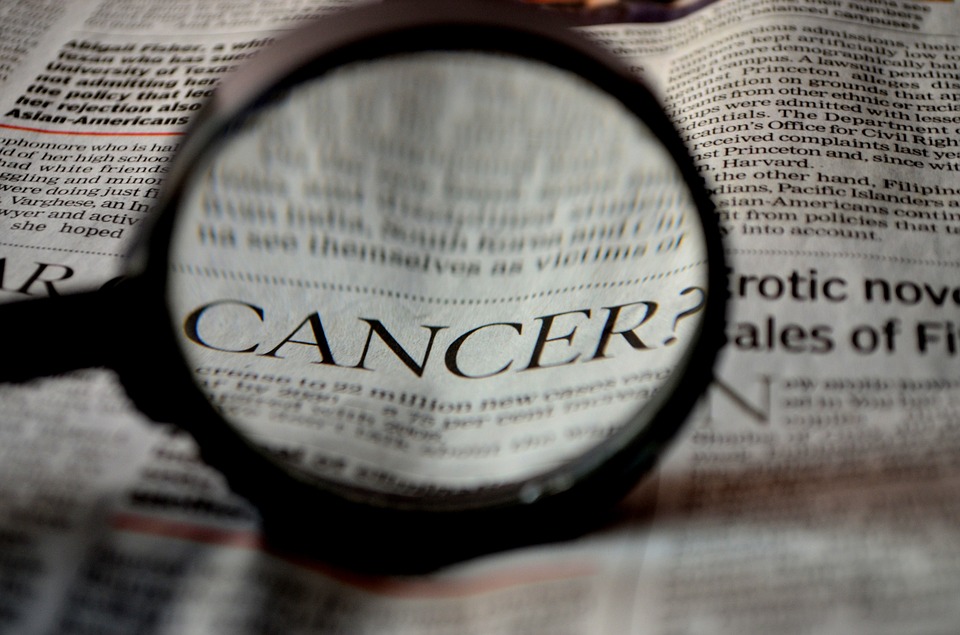The cancer blood test kits that were being promoted had a high number of false positives. However, the researcher failed to disclose this, sometimes manipulated the data and marketed a faulty technology.
Christof Sohn, director of the women’s clinic at Heidelberg University Hospital in Germany has been promoting cancer blood test that many have argued on its authenticity. Heidelberg University decided to form a commission to investigate these claims and a report is out.
Severe report into his claim
The report confirmed that the tests that Sohn was promoting resulted in extensive and severe scientific misconduct. The report was released on 22nd October, the same day the women clinic was set to release its own external investigation report.
The hospital had been rocked by scandals in recent time the latest one being with Sohn and had felt compelled to have a report for transparency purposes. However, this ended up not happening because Sohn sought a court order to stop the report from seeing the light of day. The petition by Sohn read in part that it was trying to prevent further damage in Sohn’s name and also emphasized on the innocent until proven guilty mantra.
Following the court order, the report which had been prepared by the university was also removed from the university’s website. However, the university had already taken action against such misconduct where it suspended Sohn for 3 months from teaching and research, pending further investigations. The university has also indicated that Sohn will face university disciplinary inquiry for his actions.
Genesis of the cancer blood tests controversies
The whole controversy started in February, when Sohn promoted the blood-based liquid biopsy calling it revolutionary in the field of medicine. The results that were posted on the hospital’s website and HeiScreen GmbH, a spin-off company had shown that the blood cancer tests had an over 80 to 90 percent success rate. This results was according to 900 women this research had been performed to.
However, this was not the case and Sohn in a talk presented at a scientific meeting had released slides showing that the success rate ranged from 45 percent to 73 percent. This meant that the test were giving a lot of false positives and would not be viable for use in any medical institution.
Sohn had sought to introduce the blood cancer testing kits into the market. In the same scientific meeting, Sohn avoided discussing the numerous false positives, deflecting questions and praising the results they were getting.
Sohn has successfully prevented the university from discussing the matter publicly and publicity of the external investigation from the hospital at the moment. However, the HeiScreen’s website is still up and promoting the controversial tests claiming that it works functions under laboratory conditions.







